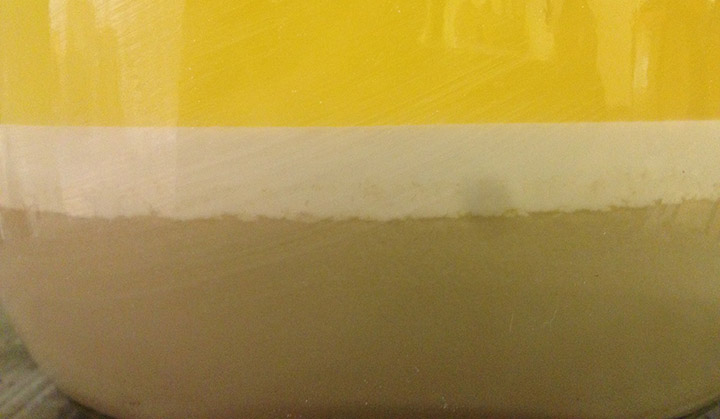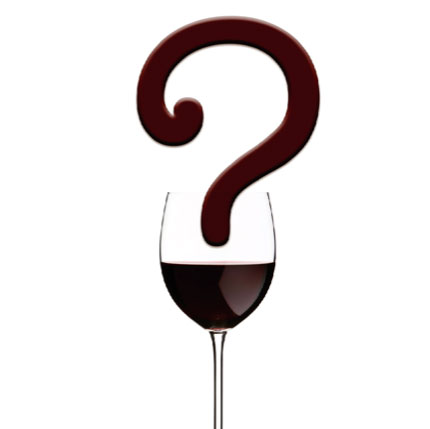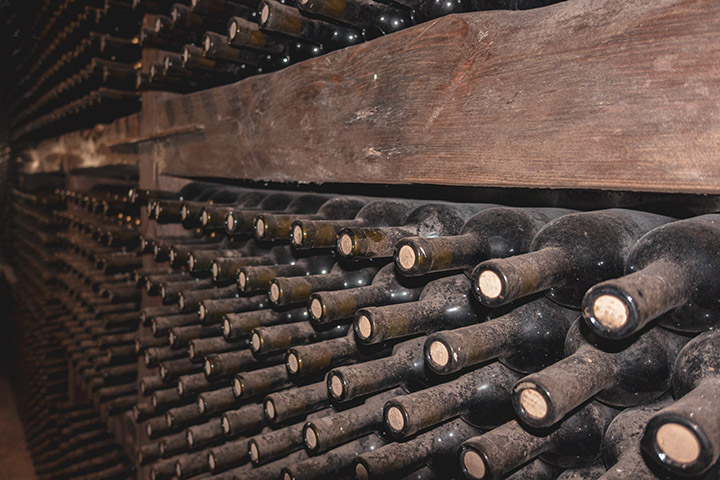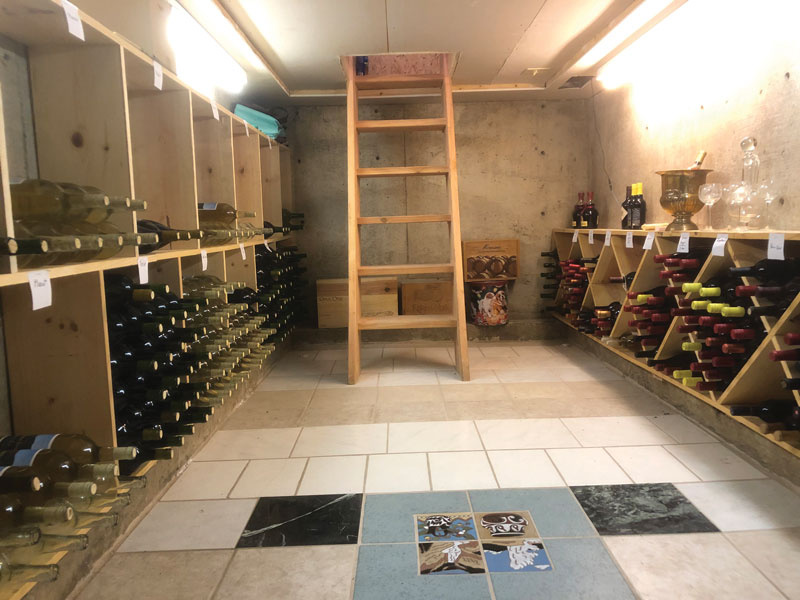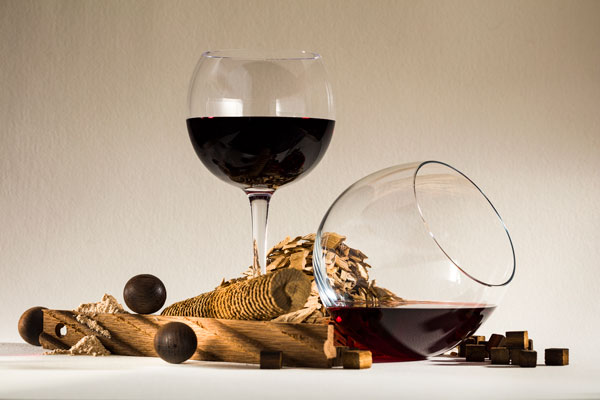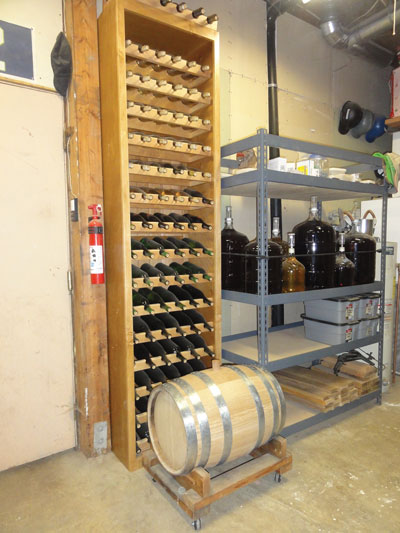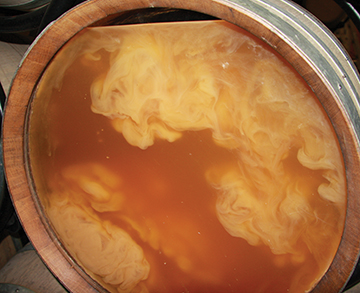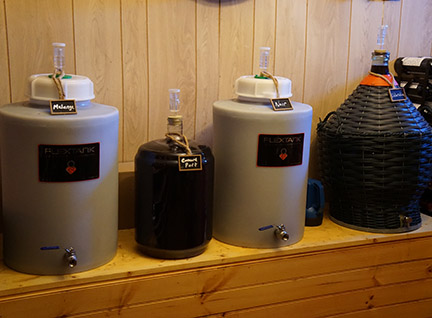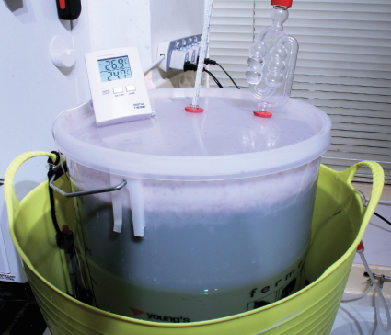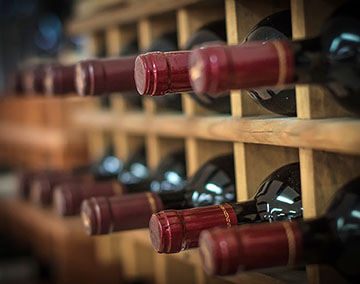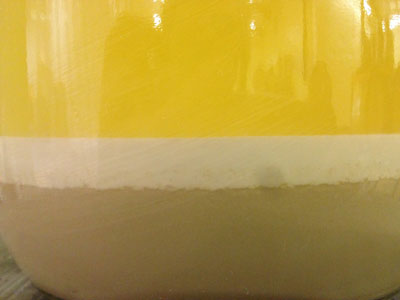Time is running out to enter the 2026 WineMaker International Wine Competition. Get expert feedback on your wines from experienced judges and compete for medals in the world’s largest competition for home winemakers.
Click here for full competition rules and a downloadable entry form. But don’t wait – the entry shipping deadline is March 13 so get your wine entries sent out by that date!
